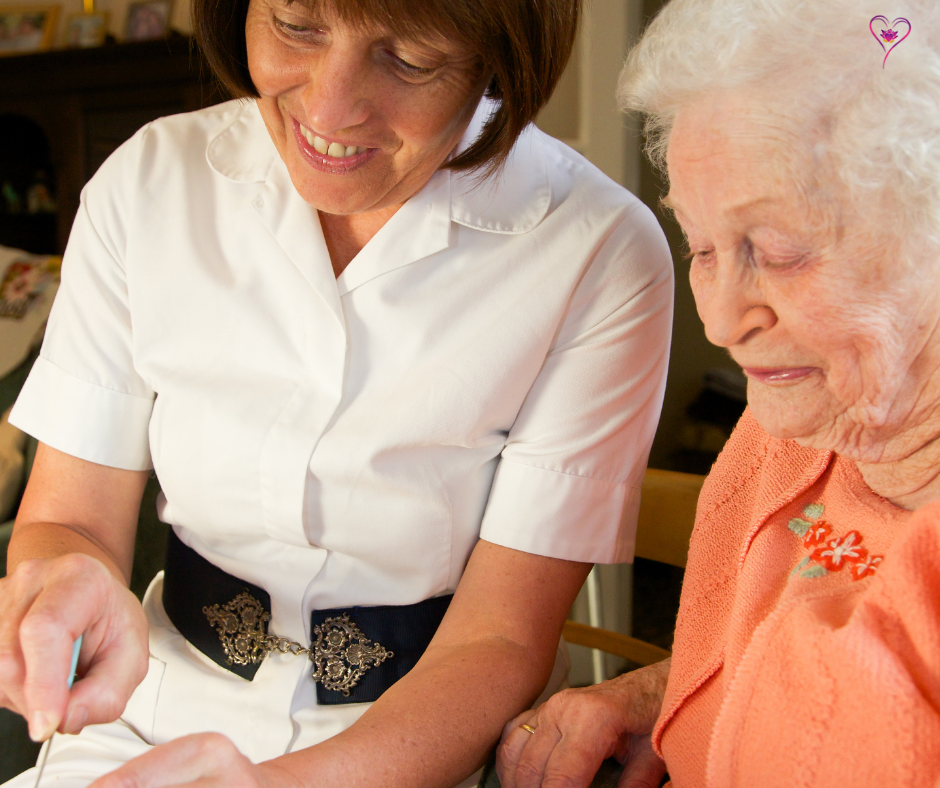Not Everyone Is Cut Out to Be a Caregiver
Each of us is unique, with our own talents and flaws. Often, our so-called faults are merely ways in which we differ from society’s ever-changing expectations. For example, it used to be a given that married couples would have children if possible. Currently, a significant number of couples are choosing to be childfree for a wide array of reasons. Similarly, some people have the insight to recognize that they wouldn’t be able to provide daily hands-on care for a beloved parent. They may have spent decades building careers that they love with the support and encouragement of the parents who now need help at home. Or perhaps nurturing is simply not their strong suit. Not everyone is a natural caregiver.
Being a Caregiver Is a Choice
Most individuals who choose not to be primary caregivers don’t have the characteristics, time, or resources needed to sustain daily long-term care for a vulnerable adult. Yet, these people truly love their parents and they feel moral concern for their well-being. Many will visit, arrange other sources of care, handle financial issues, monitor their parents’ health, and advocate for them. They are providing a degree of care, even though they are not responsible for 100 percent of their care recipients’ needs.
Caregiving Comes With Serious Consequences
People who are “forced” to become family caregivers may do okay for a while, but caregiving often has a way of evolving into a long-term commitment that gradually becomes more intense. The caregivers might eventually resent their role and could come to resent their parents’ neediness as well. Resentment is a powerful emotion and a key contributor to caregiver burnout. Resentment and burnout reveal themselves in body language and in one’s tone of voice. In extreme cases, it can rear its head in the form of neglect or abuse.
Certainly, many people find that the effort and the sacrifice are well worth it. AARP’s Caregiving in the U.S. 2020 report found that 51 percent of caregivers feel their role has given them a sense of purpose or meaning in life. However, caregiving is also often accompanied by feelings of loneliness and physical, emotional, and financial strain.
When Do You Become a Caregiver?
Some people can handle a few weeks of providing hands-on care but cannot continue at that pace for months or years. This role involves unique combinations of advocacy, supervision, organization and personal care. It consists of arranging transportation to doctor’s appointments, filling prescriptions, paying bills, and deciding when it’s time to discuss moving into an assisted living community or a nursing home. Total hands-on involvement isn’t required to be considered a good, caring person. Respecting different approaches to caregiving is something we all need to strive for.
If you are facing this difficult decision, do what you can. Show your parents that you love them by obtaining quality care for them. No one can do everything all the time. Make the best use of your strengths and help others use theirs. Your actions will reflect well on the people who raised you.
If you need assistance or have questions regarding caregiving services give us a call 561-998-3211


